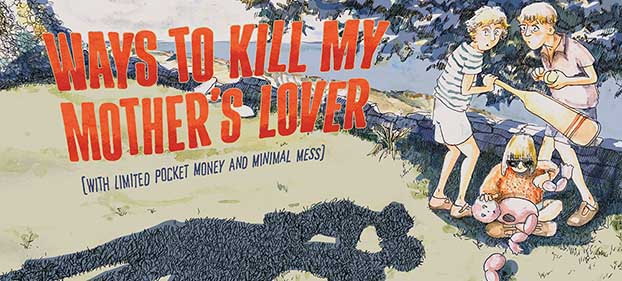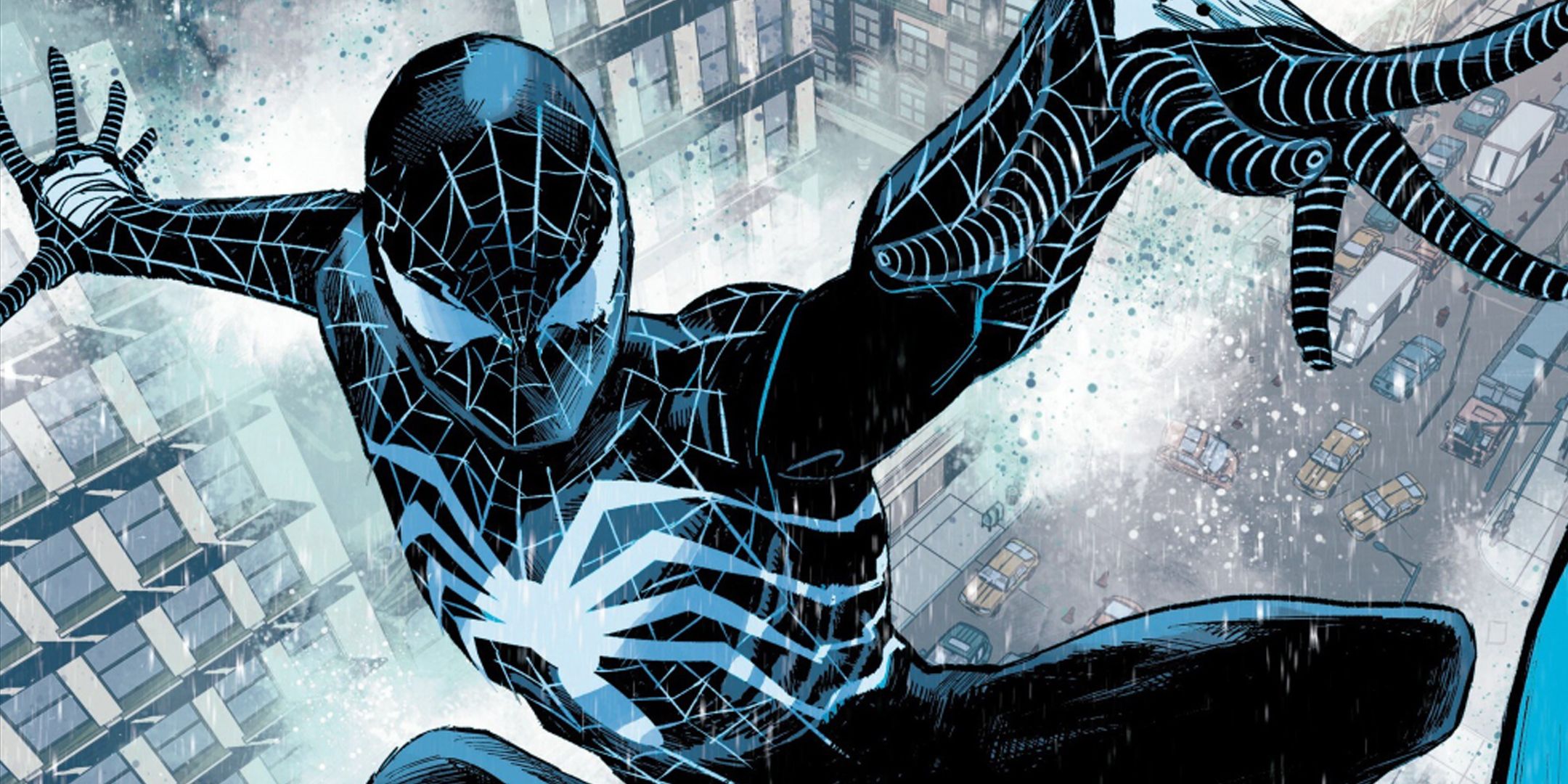
Marvel Comics introduced the world to the X-Men in 1963, as a bold team of teenage mutants created by Stan Lee and Jack Kirby. Born during a time of civil unrest, the X-Men embodied the struggle of outsiders fighting for acceptance in a fearful society, but it wasn’t until the 1975 relaunch with Giant-Size X-Men #1, led by writer Len Wein and artist Dave Cockrum, that the franchise truly exploded. With new, diverse heroes like Storm, Wolverine, and Nightcrawler, the X-Men resonated with a changing world hungry for stories of identity and perseverance. Throughout the decades, the mutants have evolved, constantly reshaping what superhero comics could be.

For the last few years, fans of the comics have frequently lamented that the X-Men line has shifted away from the compelling, character-driven narratives that made it a “gold standard” in comic storytelling. Many fans recently voiced a range of complaints about the X-Men line at Marvel Comics after an X post by one time X-Men wunderkind artist Rob Liefeld spilled some news about the problems at the publisher. Those grievances, reflected in the X posts, replies, and web results, generally center on storytelling quality, editorial decisions, creative direction, and perceived mismanagement of the franchise.
I gave up on the X-Men year’s ago and it’s sad because I used to collect ANY book with a Mutant in it… I stopped collecting books in general because I noticed a pattern that writer’s care more about whatever message they are trying to push instead of the STORY…
— Bearwolf13 (@Uhchire_Wolf) April 21, 2025
One major turning point for fan dissatisfaction was Jonathan Hickman’s exit in 2021, after his ambitious Krakoan Era reboot (starting with House of X and Powers of X in 2019). Hickman had a multi-year plan for the X-Men but left after the first phase. Fans feel the line has lacked a cohesive vision post-Hickman, with subsequent titles struggling to maintain the momentum of his era.
That whole office is in freefall ever since Hickman just peaced out like 10% into his plans for the line. They’re stuck between a rock & hard place. They’ve alienated all the longtime readers who won’t be back quick by making it a 100% LGBTQ allegory for years now, but if they…
— Dok (Version 1.1) (@ScienceJesus) April 22, 2025
I’m a massive Marvel fan, and nothing they are putting out interests me. It feels dead.
— Nick Chaconas (@NicholasChacon9) April 21, 2025
I grew up reading X-men. Those were the only books I really consistently read. If tried off and on to go back but they just aren’t the same anymore.
— Michael Farris (@Farris214) April 21, 2025
With the right team I’m confident in 2 years or less most of Marvel Comics can right the ship and normalize better sales. The problem is no dept or editorial head is going to willingly leave to make that happen
— SaneDrane (@SaneDrane) April 21, 2025
Yes
— Matt (@MattyDubbs01) April 22, 2025
Everyone is gay, wolverine and storm are lovers, mass hysteria. Marvel’s end times is now…
— Citizen Cake (@Mallrat70) April 21, 2025
Sad to see DC and Marvel end this way before their copyrights start expiring.
Maybe somebody who cares with some dough will swoop in like with wrestling, a Saudi oil guys son just decided to spend millions on wrestling and the whole industry got revitalized. It can happen.
— meme bastard (@mask_bastard) April 22, 2025
Anyone who has read any X-titles the last few years knows firsthand it’s a hot steaming mess over there.
— Scaring Sam (@scaringsampod) April 21, 2025
Marvel Comics’ X-Men editor Tom Brevoort deserves most of the blame as the mutant superhero line has struggled to regain its former prominence under his leadership. Titles like Exceptional X-Men, which Brevoort oversees as X-Men Group Editor, have faced criticism for slow pacing and insular storytelling that fails to connect with broader audiences. Despite Brevoort’s defense of the deliberate narrative approach-urging readers to “sit back and relax” rather than worry about future cancellations-fans argue the series lacks urgency and stakes, with some calling it “too slow-paced” and absent from bestseller charts. This has fueled perceptions that Brevoort’s editorial decisions prioritize niche storytelling over the action-driven adventures that once defined the X-Men.

Compounding these issues is a growing disconnect between Marvel’s strategy and fan expectations. While Brevoort has moved away from the abrupt cancellations of past eras by greenlighting initial 10-issue runs, readers remain skeptical of Marvel’s commitment to long-term quality. The frustration is palpable on social media, where fans demand decisive action rather than vague assurances from the X-Men editorial office. Critics point to Brevoort’s mixed legacy: though he objectively helped elevate franchises like the Avengers and Fantastic Four in the 2000s, the X-Men languished during that same period due to corporate decisions to sideline characters tied to Fox’s film rights. But even after Marvel regained those rights in 2019, fans feel that Brevoort has failed to capitalize on opportunities to restore the team’s central role in Marvel Comics, leaving the line fragmented and creatively adrift.

The backlash reflects deeper tensions within Marvel’s publishing strategy. While animated projects like X-Men ’97 have successfully tapped into nostalgia for the mutant mythos, Brevoort’s comics division faces accusations of misjudging modern fan appetites. His insistence on moral clarity over the morally gray tone of the recent Krakoa era-a shift that included critiques of “gleeful killing” by characters like Nightcrawler-has further divided readers.

Though Brevoort argues superheroes should embody “higher morality,” some fans view this approach as out of step with the X-Men’s historic themes of survival and rebellion. As titles struggle to retain readers and criticism mounts, Brevoort’s tenure has become emblematic of a broader challenge: balancing corporate pragmatism with the bold storytelling needed to revive Marvel’s once-dominant mutant franchise.
Do you agree with these fans’ sentiments? Wes Daugherity of Thinking Critical does, and he weighs in on the social media backlash here:
I’d be interested to hear what YOU think in the comments below.
*****



















 English (US) ·
English (US) ·